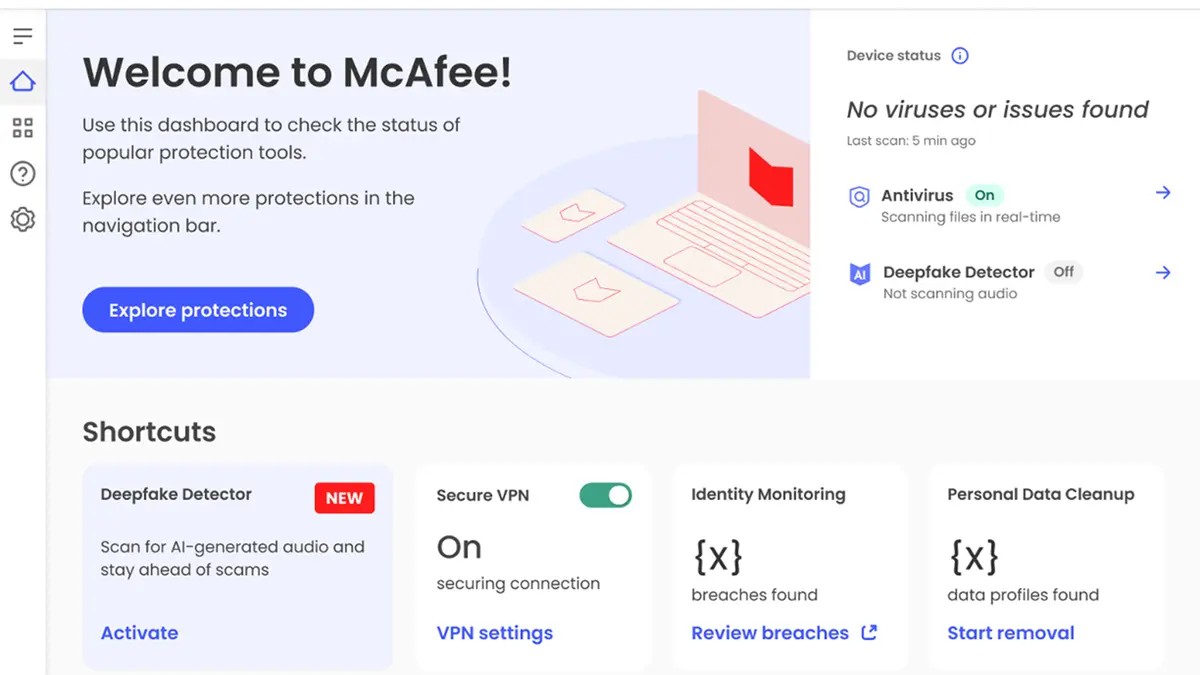As deepfakes—AI-created videos designed to deceive—become increasingly sophisticated and widespread, distinguishing between real and fake content has never been more critical. McAfee’s recent study shows that nearly two-thirds of consumers are now more concerned about deepfakes than they were just a year ago. McDonald responded by developing this advanced detection tool, training it on nearly 200,000 video samples to ensure reliable results.
Roma Majumder, the Senior Vice President of Product at McAfee, asserts the company’s commitment to utilizing AI for beneficial purposes. The new deepfake detector is a testament to this commitment, offering users a powerful tool to shield themselves from digital deception. Majumder emphasized the importance of knowledge in today’s AI-driven world, where misinformation can easily proliferate. The McAfee Deepfake Detector provides answers within seconds, making it easier for users to verify the authenticity of content without having to second-guess its validity.
Unlike other solutions that rely on cloud-based processing, McAfee’s software utilizes the on-device AI capabilities of Lenovo’s latest PCs. This approach not only expedites the detection process but also safeguards user privacy by preventing the upload of audio or video data to the cloud. The tool operates quietly in the background, allowing users to continue with their regular activities, such as gaming or streaming, without interruption.
McAfee has unveiled its Smart AI Hub, a new online resource, in conjunction with the software launch, with the aim of educating the public about AI-related threats, including deepfakes. The Hub provides valuable information on how to recognize and protect against AI-driven scams, further empowering consumers in the digital age.
Starting August 21, 2024, the McAfee Deepfake Detector is available for English language detection on select Lenovo AI PCs. Lenovo customers can experience the tool with a free 30-day trial, after which pricing starts at $9.99 for the first year.
































